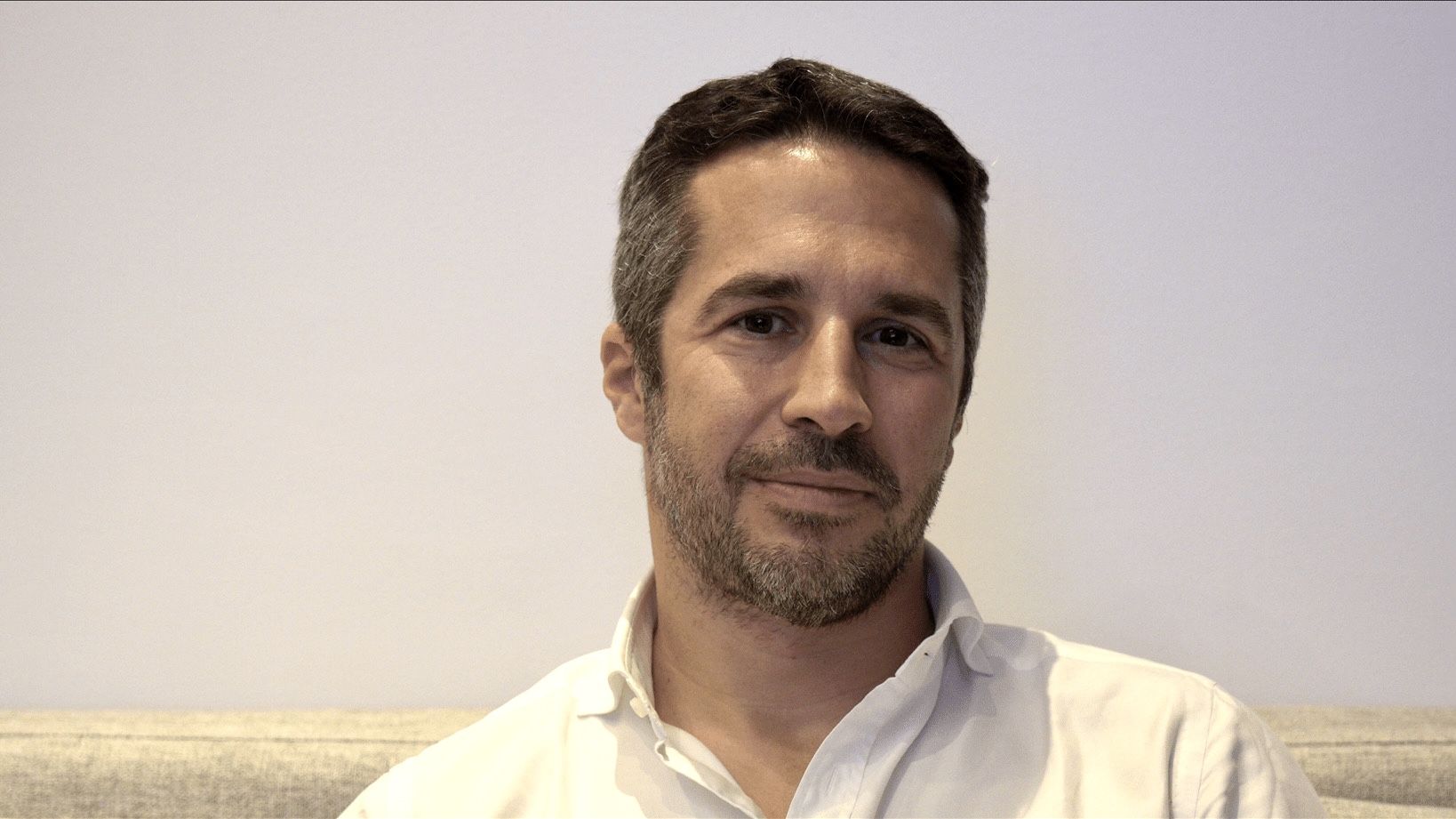
Rien ne prédestinait la Force Al-Qods, unité d’élite du Corps des Gardiens de la révolution iranienne (Pasdarans) et l’Organisation mondiale des Frères musulmans à se rapprocher. Pourtant, des documents issus des archives secrètes du ministère iranien du Renseignement révèlent l’inconcevable : des tractations ont bien eu lieu entre ces deux organisations, d’apparence rivales, pour faire face à leurs ennemis communs.

The Islamologist Lorenzo Vidino, an eminent specialist on the Muslim Brotherhood in the West, produced, in October 2023, as part of the program on extremism at George Washington University, a report entitled ”Verbatim: What European Security Services Say About the Muslim Brotherhood in Europe”. Exclusive extracts.

7 October 2023 will remain an indelible date in the history of Israel and in the conscience of the world. A massacre without a name, crimes that even the most necrotic of imaginations would have been incapable of devising. Innocent people had a rendezvous with death at its most despicable. A death deliberately inflicted by fanatical men who had no more than a vague and deceptive notion of humanity.

On 11 October, a large demonstration was held in front of the Ministry of Foreign Affairs in Brussels. The slogan? “War in Gaza: For a ceasefire and a just peace, against colonial violence and apartheid”.
Reading this text, things are clear: the culprit for everything is Israel. Israel, which colonises, illegally occupies and has shamefully despoiled a territory that does not belong to it, exerting such violence on its inhabitants that the key to peace is now in its hands alone.

Astonishment and horror at the extreme barbarity of the medieval and bloody raids perpetrated by Hamas on 7 October, the 50th anniversary of the “Yom Kippur War”, with the macabre aim of reviving the traumatic memory of that 1973 war, which almost shook the very existence of the State of Israel, then barely 25 years old.

Author of two reference books (“Muslim Brotherhood, the inner circle” and “The neo-Muslim Brotherhood in the West”), Lorenzo Vidino is one of the most prominent specialists on the Islamist Brotherhood in Europe. In this interview, he explains how the Muslim Brotherhood’s hidden real estate investments bring in tens of millions of euros every year.

The author of “Why I left the Muslim Brotherhood” was the first in 2016 to publish an investigation into the real estate assets of Imam Hassan Iquioussen and his family. For him, the Iquioussen case is in fact the tree that hides the forest: for decades, the Muslim Brotherhood has been discreetly accumulating buildings, houses, commercial premises, flats and land. The objective is to build up a “real estate war chest” that would allow them to finance themselves, so as not to depend on money from the Gulf countries.

Between the time he slipped away from the French police who came to arrest him at his home in Lourches on August 30, and his arrest by the Belgian police near Mons on September 30, the case of the Muslim brother preacher, Hassan Iquioussen, has been extensively commented on.
His profile as a self-proclaimed imam with controversial remarks; his career as a “city preacher” in the shadow of “Muslims of France” (Ex-UOIF), the French branch of the Muslim Brotherhood; his figurative career as an Islamo-youtubeur, whose video-sermons count more than 34 million views; were examined from every angle.

The Qatari-Egyptian Youssef al-Qaradawi, presented as the spiritual guide of the Muslim Brotherhood, died on 26 September at the age of 96, but was in fact only a courtier who adapted his preaching to what his Qatari protectors wanted to hear. For he owes his immense popularity to the Qatari channel Al-Jazeera where, for years, he was able to distil his retrograde version of Islam in his programme “Sharia and Life”. Thus, a woman who wears a tight-fitting garment will not only not enter paradise, but she “will not even smell it”. A Muslim woman’s clothing “must not resemble that worn especially by the unbelievers, the Jews, the Christians and the idolaters”, he warned. As for men, their private parts “are between the navel and the knees”. This means that they must not allow women to rave about their thighs… and cast “hungry and greedy” glances at them, which Youssef Qaradawi, father of modesty, called “fornication of the eye”

Sheikh Al-Qaradhawi has passed away at an advanced age. His death has become the subject of controversy between those who mourned his passing and consider his death a loss for Islamic thought and the moderate spirit of preaching, and those who hold him responsible for the bloodshed of Muslims, the justification of extremism, the allegiance to corrupt and unaccountable regimes, and the issuing of politically motivated fatwas linked to these regimes.
